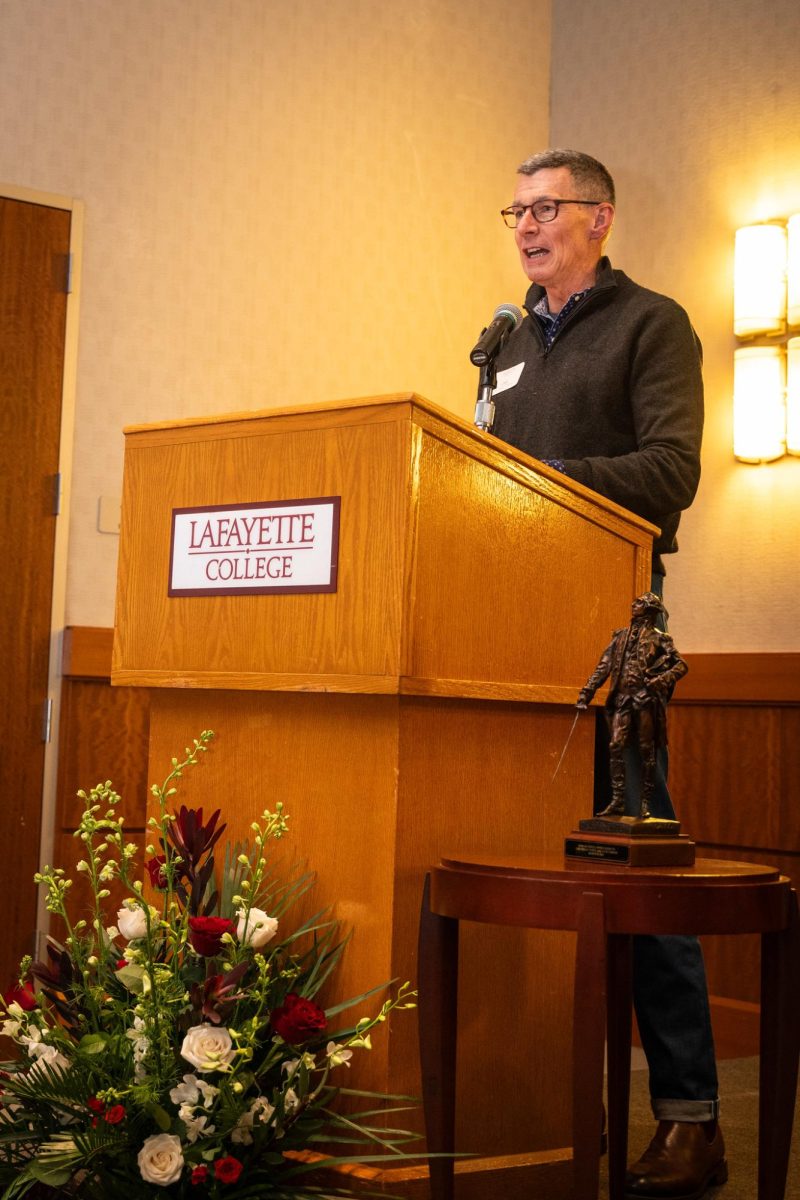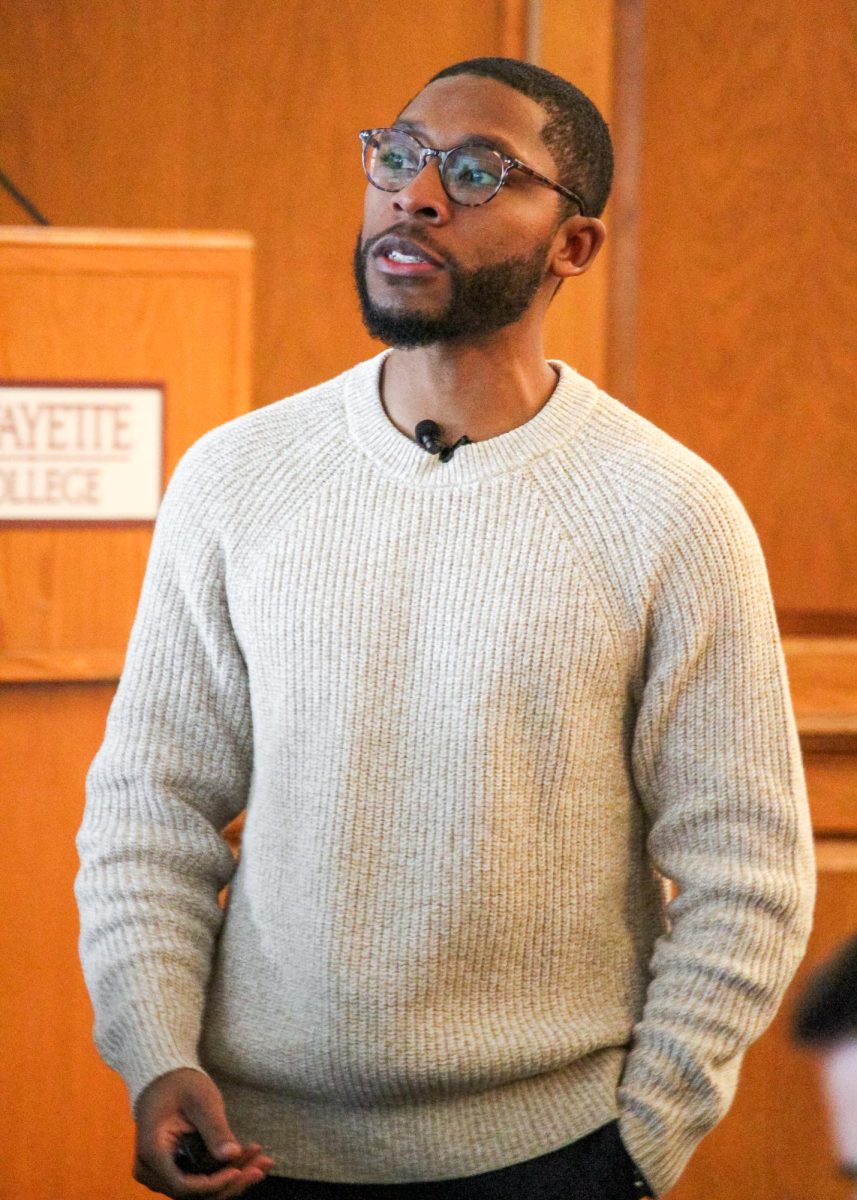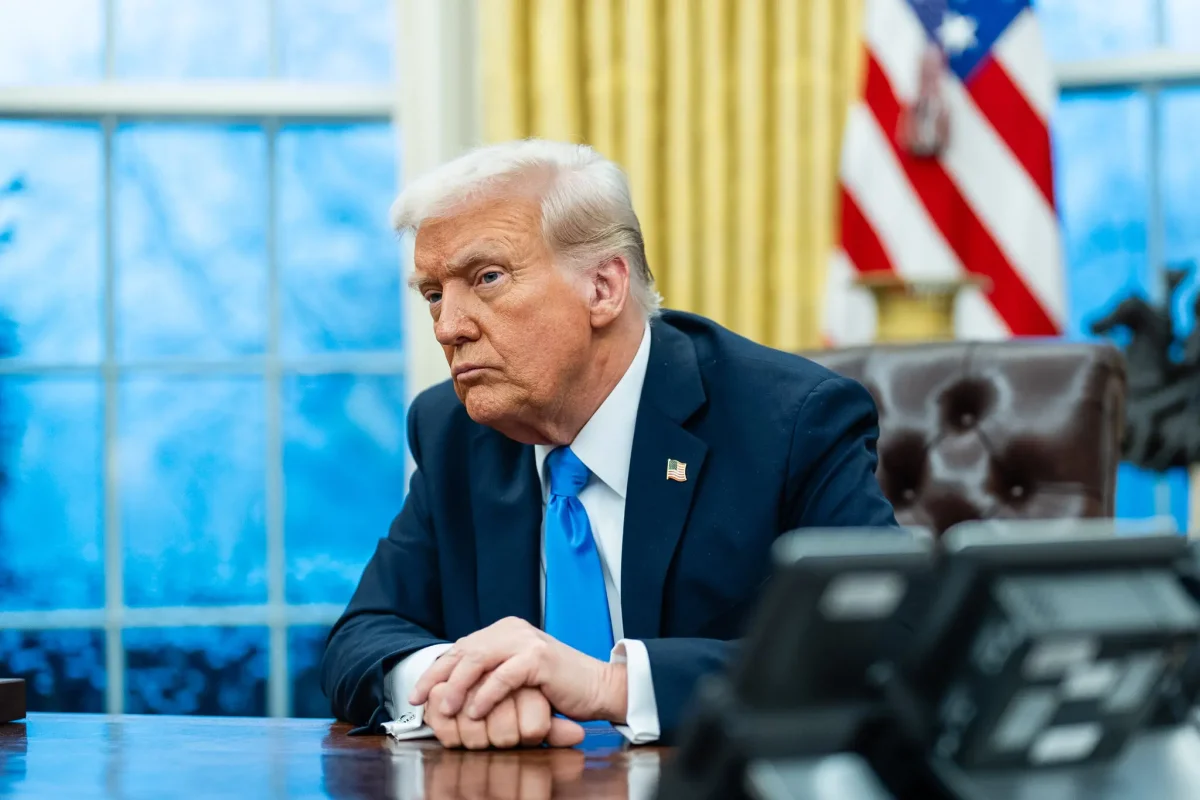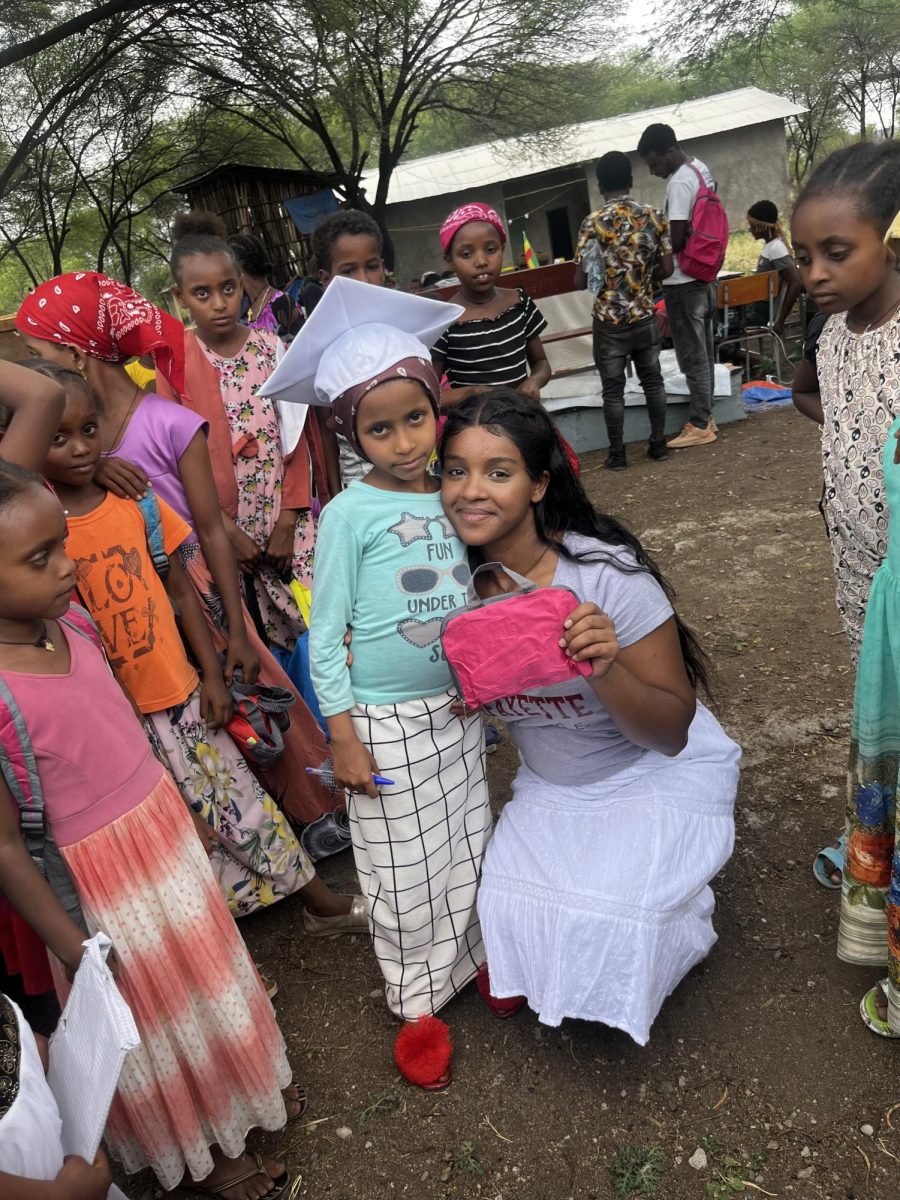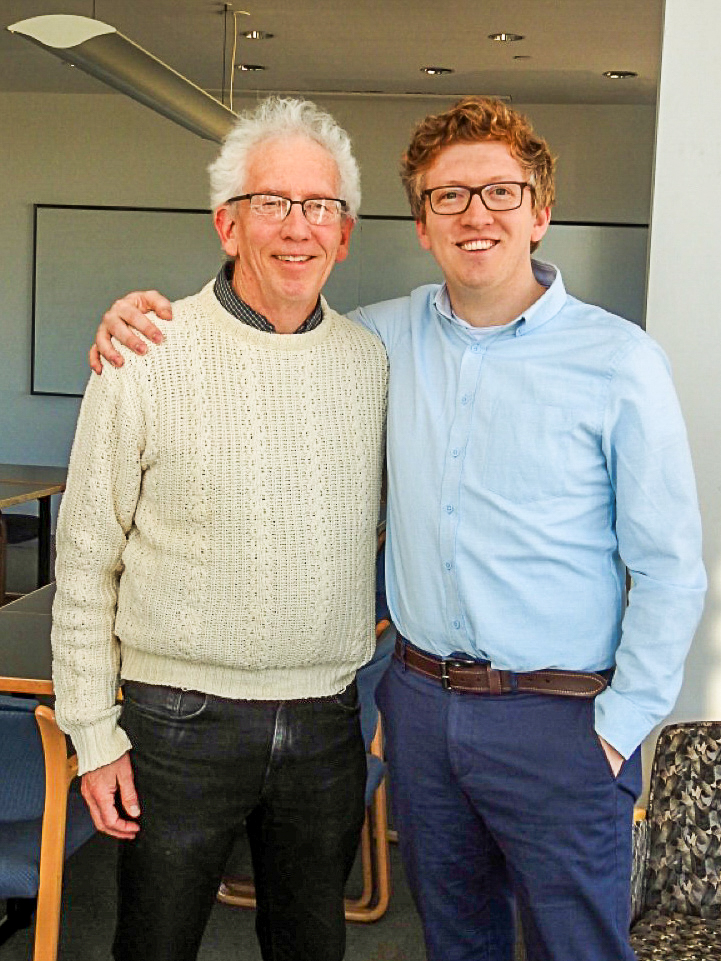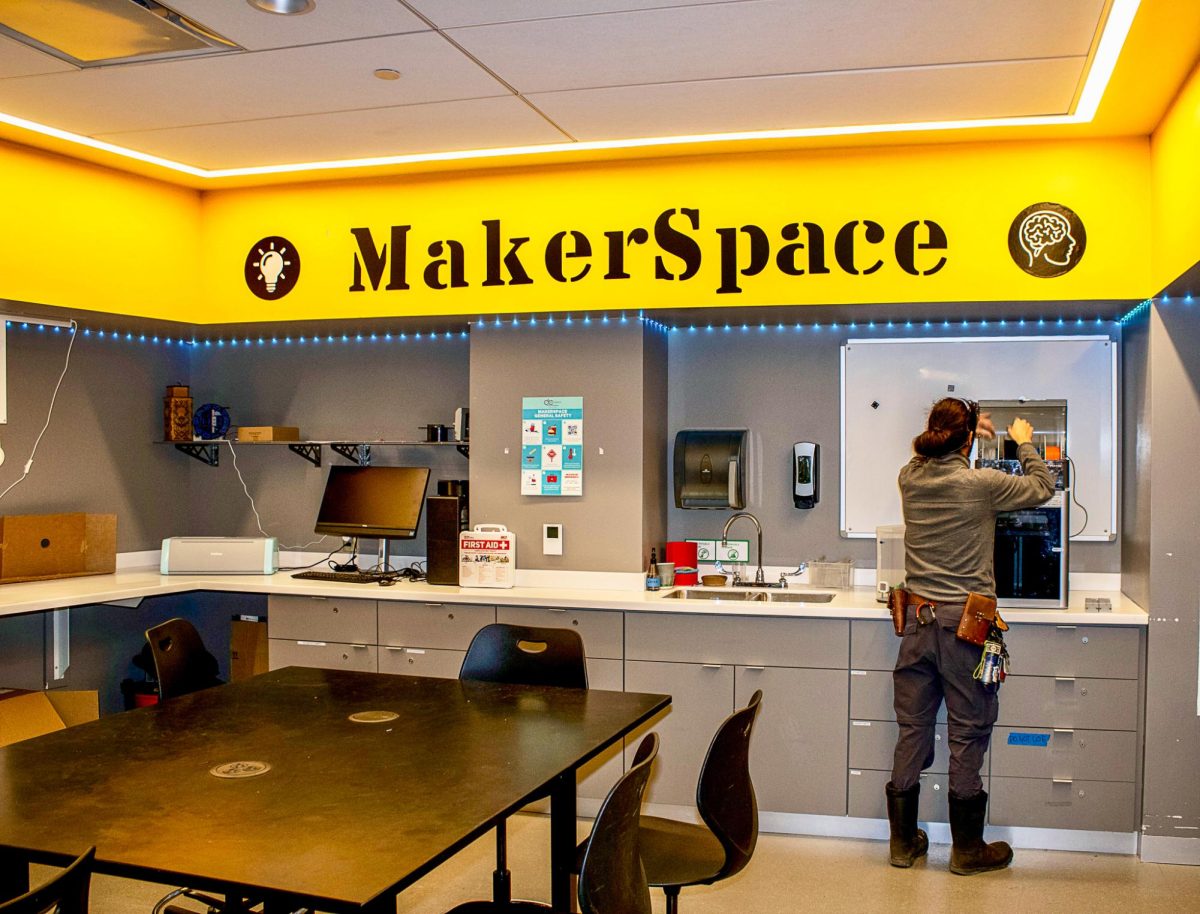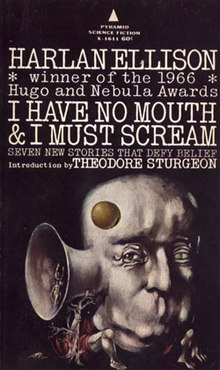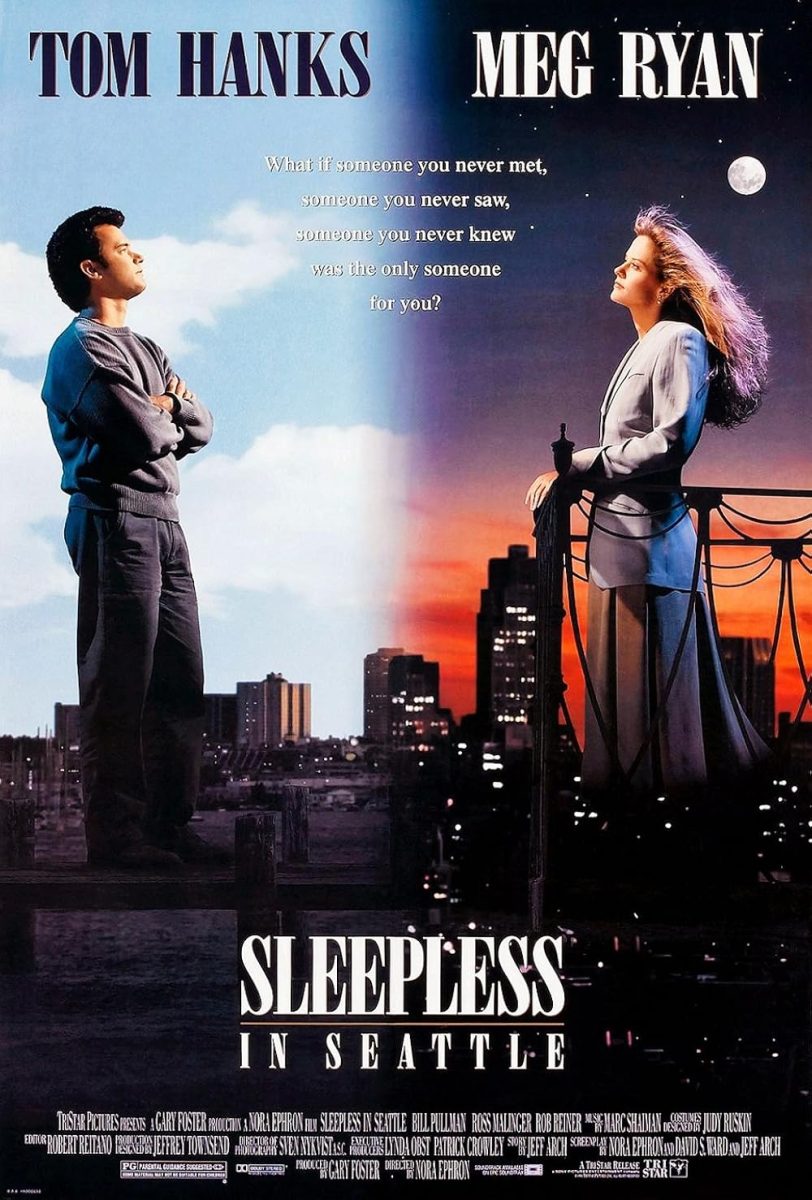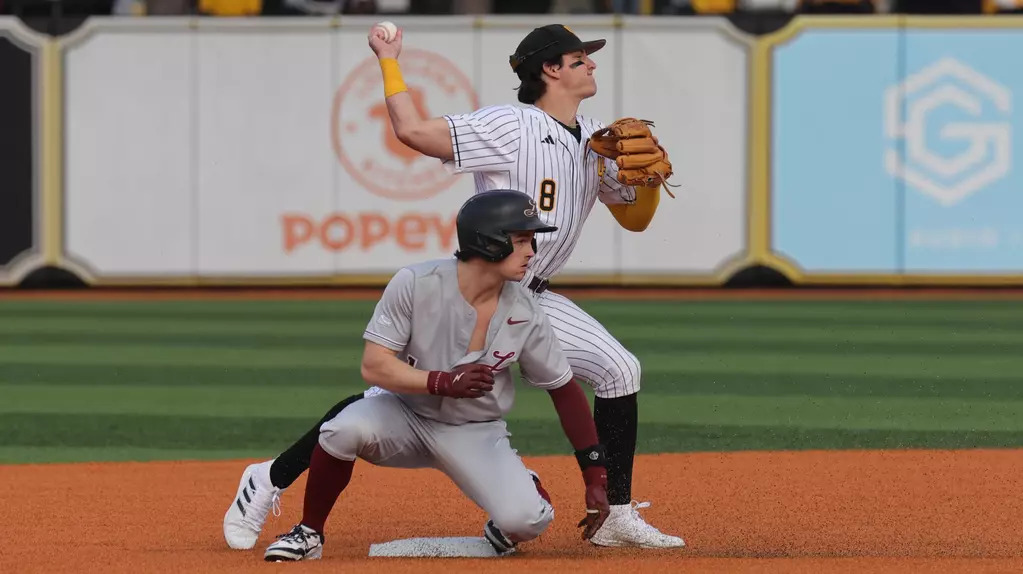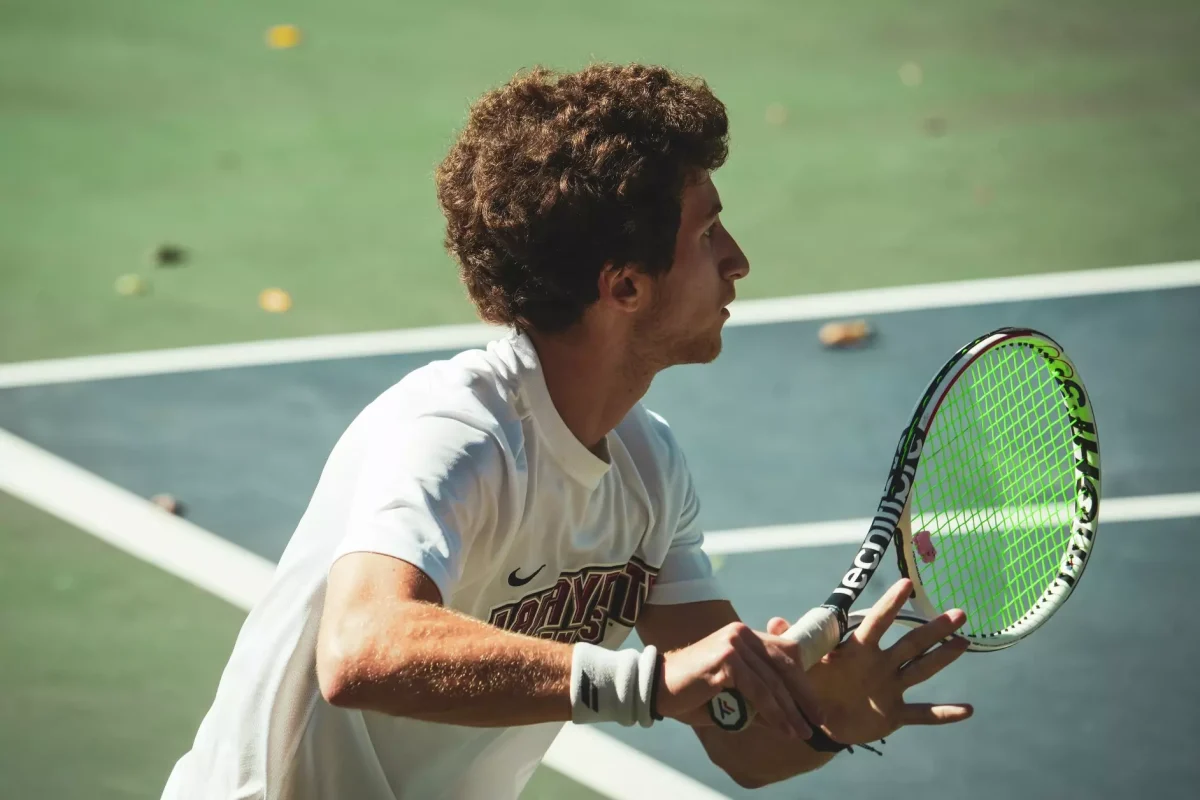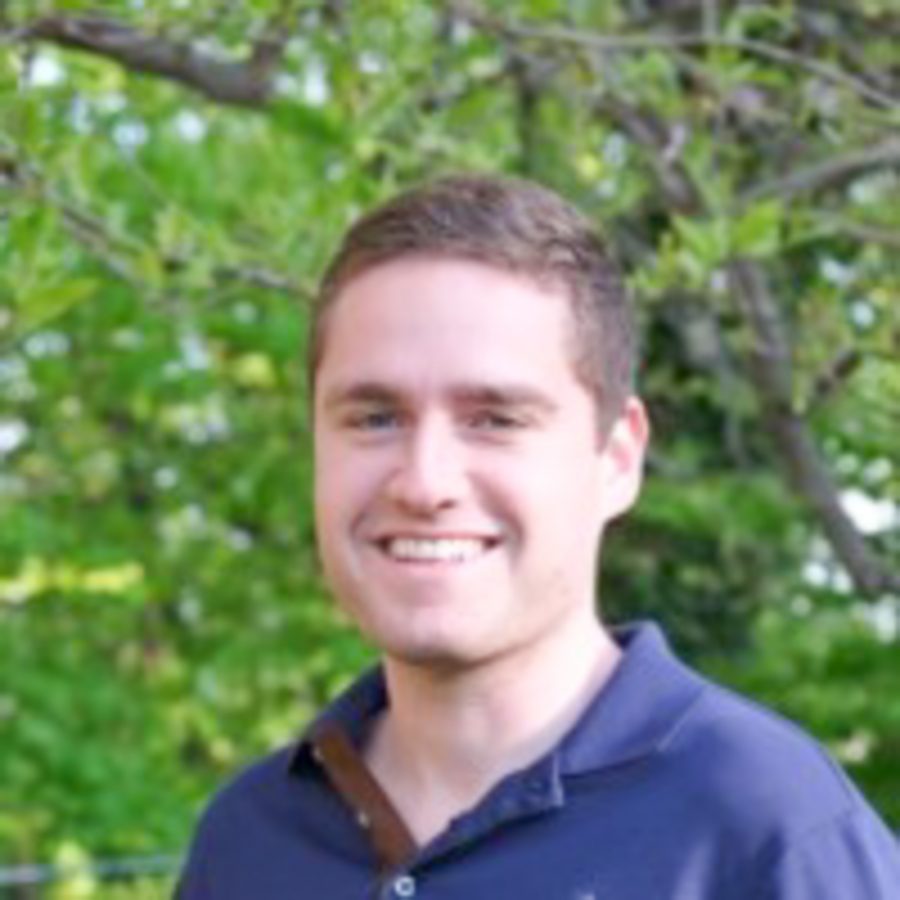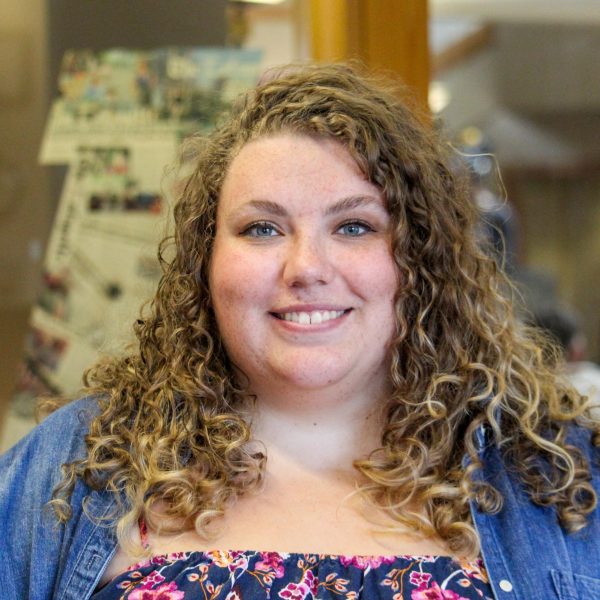While most students spend their last two years of high school going to dances, sporting events and after-school clubs, Charlie Mirsky ‘23 spent his time meeting with members of Congress.
Mirsky was a junior in high school when the 2018 shooting at Marjory Stoneman Douglas High School occurred in his hometown of Parkland, Florida.
“I knew one kid and one teacher at the school,” Mirsky said.
That teacher was Scott Beigel, who had taught Mirsky in fifth grade. Beigel was killed in the shooting.
Mirsky’s friend at Marjory Stoneman Douglas was Cameron Kasky.
“Cameron has been a friend of mine since I was very, very young,” Mirsky said. “When I called him the day of the shooting to see if he was okay, he said we would talk later. When he called me back the next day, he told me to come to his house because he had big plans.”
From there, Mirsky met with a small group of students intent to make change. The group talked to reporters, interacted with donors and set up a successful GoFundMe campaign. As their movement began to gain traction, politicians took notice.
“We had tons of politicians reaching out to us for all sorts of things: to do press conferences with them to speak at their events, for them to speak at our events or just to meet with us to talk about gun violence prevention,” Mirsky explained.
“We had no real infrastructure or anyone really to deal with that,” Mirsky said. “I offered myself to be the person that politicians could reach out to. At this point, I had no official title, but every time a politician would reach out, everyone would just know to send them to Charlie.”
Mirsky soon moved from Florida to Washington and registered as a lobbyist. There, he officially became political director of March for Our Lives. Under this role, he created deeper connections with politicians.
In 2019, Mirsky attended the State of the Union address as a guest of the Speaker of the House, Nancy Pelosi. Mirsky recalls sitting among other guests that included the head of Planned Parenthood and parents of children who had died in the Marjory Stoneman Douglas shooting.
“The State of the Union was very interesting because I got to see a lot of people I had never seen before,” Mirsky said. “I had never seen Trump before, I had never seen Mike Pence, I had never seen most of the Supreme Court.”
After around a year of working in this capacity, Mirsky stepped back from the director role to go to college. Before stepping back, he worked to hire a team that would handle his responsibilities.
“I needed to relearn how to do school and make sure I did well in college, and I knew I would not be able to do that if I was running a national movement,” Mirsky explained.
However, Mirsky still works on the March for Our Lives judicial advocacy team. According to Mirsky, this team “inserts young people into Second Amendment court-related efforts.”
“We keep track of different court cases that affect the Second Amendment and we write amicus briefs, which are briefs that aren’t from one of the litigating parties, but somebody who is sort of a stakeholder who has something useful for the court,” Mirsky explained.
The group’s amicus briefs are different from those of other groups.
“Most of them just write legal arguments, and of course, we do that too, but we center the stories of survivors,” Mirsky said.
According to Mirsky, this method helps highlight “the human stakes of the case.”
The team recently wrote a brief for New York State Rifle & Pistol Association Inc. v. Bruen, which begins oral arguments in the Supreme Court on Nov. 3. According to SCOTUSblog, this case will decide “whether the state of New York’s denial of petitioners’ applications for concealed-carry licenses for self-defense violated the Second Amendment.”
Mirsky believes this case is one of the most important in recent years in the fight for gun violence prevention.
“District of Columbia v. Heller determined that Americans have a constitutional right to own a gun for individual use in the home,” Mirsky said. “This case, I would argue, is a bigger deal. This case is going to determine whether people have an individual right to carry guns in public.”
Throughout his time at March for Our Lives, Mirsky has never felt intimidated by the work.
“There was a lot of confidence with us. We were doing stuff that no one had really done before, and it was working. The results are there,” he explained.
In the future, Mirsky hopes to attend law school and become a lawyer.
“I don’t want what I’ve done in the past to dictate what I do in the future,” he said. “I could see myself doing nonprofit law, but I could also see myself working in the private sector. I don’t want to think that because I was thrown into gun violence prevention because of freak events, I have to stick with it for the rest of my life.”





















